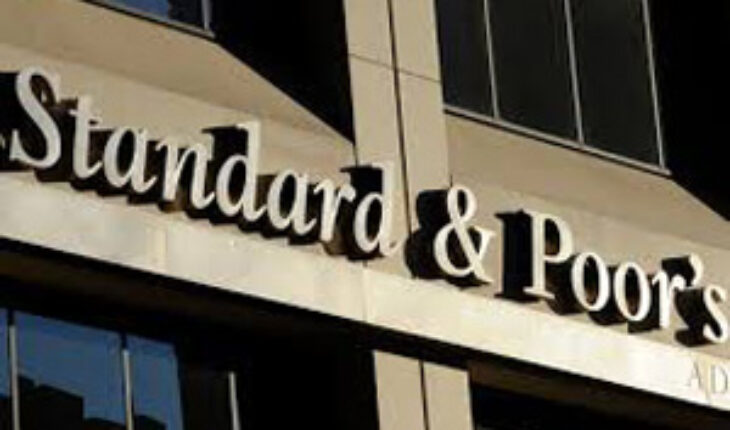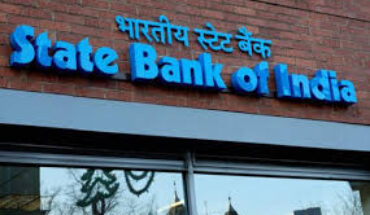NEW DELHI: Supportive monetary and fiscal policies can help Indiaachieve 8 per cent growth in the next three fiscals, but if reforms do not get further momentum then its economic “outperformance” could be short-lived, S&P Global Ratings has said.
It said India will have to address issues plaguing private investment, and banks will have to clean up their balance sheets, it said, adding the country lacks infrastructure.
“India has edged out China as the world’s fastest-growing large economy, despite a slowdown in global growth and tough times for many emerging markets. However, this outperformance could prove temporary if India’s reforms do not gather greater momentum,” the US-based agency said in a statement. S&P Global Ratings also projected India’s economy to accelerate to approximately 8 per cent in the next three fiscal years even as China slips to annual growth rates of below 7 per cent. S&P said the recent trend of strong economic growth in India could slow in the medium term if improvements in the country’s infrastructure do not pick up. A heavy debt burden and relatively large fiscal deficits prevent heavier budgetary spending to ease this constraint. Past attempts at allowing the private sector a role in infrastructure have met with limited success due to legal and bureaucratic obstacles, it said. The guest opinion report, titled “India’s challenge is to keep growth on the rise amid a slowing world economy”, by Crisil Ltd argues that India needs supportive monetary and fiscal policies and structural economic reforms to preserve its expansion, S&P said. But the ability to deploy monetary and fiscal stimulus is limited by the absence of fiscal cushion and inflation dynamics. “India will have to address issues plaguing private investment and banks will have to clean up their balance sheets. Companies in infrastructure and other asset-heavy sectors will also need to deleverage materially,” it added. A broad-based revival in investment, with the corporate sector playing a key role, is critical for attaining and sustaining India’s economic growth trajectory, Crisil chief economist Dharmakirti Joshi said. “For this to happen, not only will demand have to revive but the government will need to relentlessly pursue steps to improve the ease of doing business and make structural economic reforms,” Joshi said. S&P Global Ratings credit analyst Kim Eng Tan said India’s infrastructure remains lacking by many measures and improvements are being made only gradually. “It also lags significantly behind that in neighbour China in most aspects. India’s weak fiscal metrics are a reason the infrastructure gap between the two Asian giants exists,” Tan said. Increasing budgetary allocation to public capital spending remains the most likely way to speed up infrastructure building in the near term, S&P said, as it cautioned against raising taxes without structural reforms as it would dampen business sentiment. In addition, income tax collections have slowed significantly in recent years due to economic uncertainties. Consequently, more spending on infrastructure most likely means less spending elsewhere, it said, adding among the major budgeted expenditures, spending on subsidies has the most potential for reduction. “Longer term, we believe cuts to subsidy schemes provide the most sustainable way of increasing infrastructure spending while keeping the budget shortfall modest,” Tan said. “Without permanent cuts to some of these programs, the government will find it difficult to raise capital spending, and India’s economic growth may have to glide lower over time,” he added.–PTI






